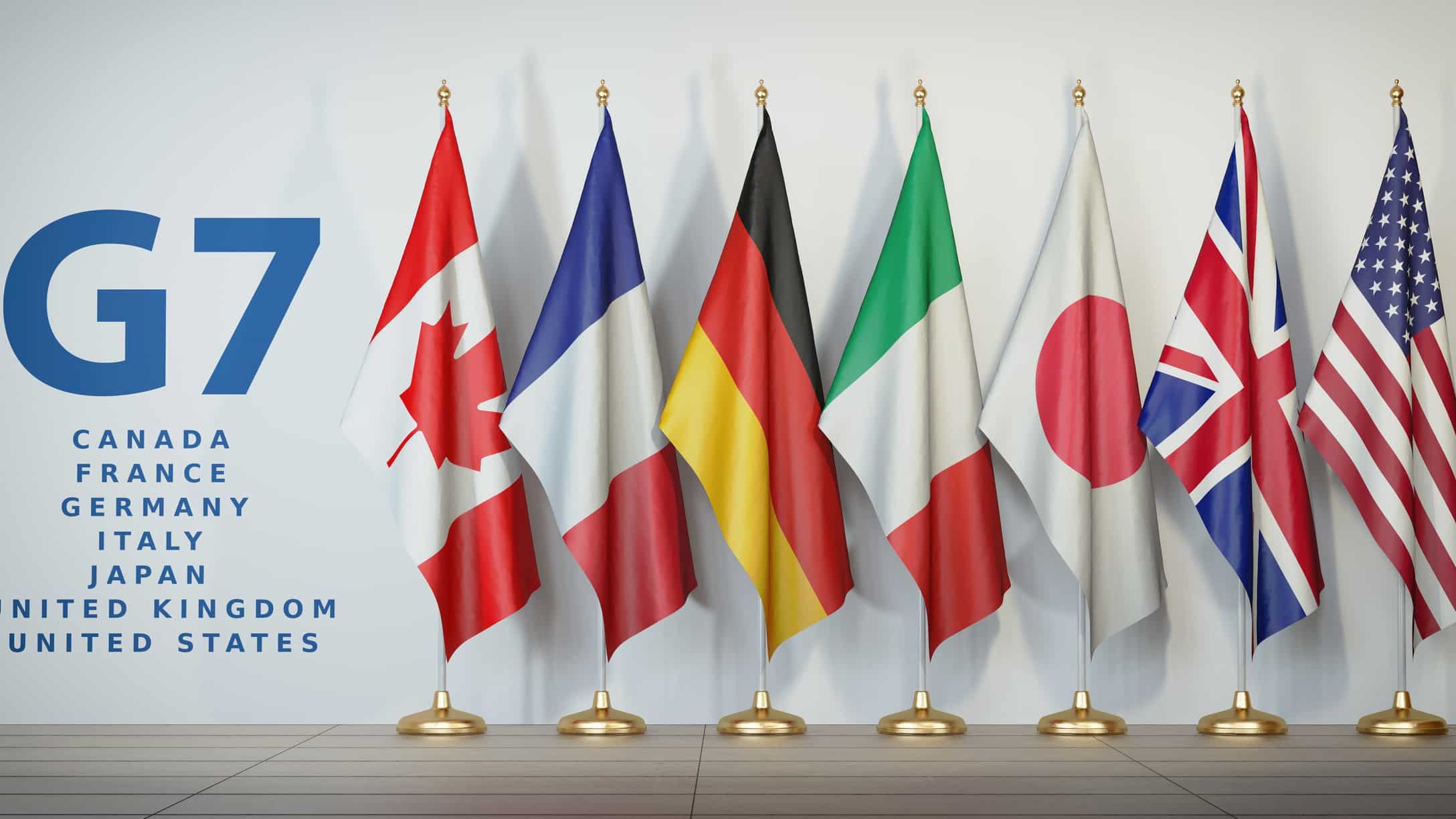Economy
G7 nations reach historic agreement to reform global tax system
After years of discussions, the G7 nations have finally reached a historic agreement to reform the global tax system, to make it fit for the global digital age. Backed by the United States, the Group of Seven, also known as the “rich nations”, called for corporations around the world to pay at least 15% tax on earnings.
This means that hundreds of billions of dollars could flow into the coffers of governments of the US, United Kingdom, France, Germany, Italy, Canada, and Japan left cash-strapped by the ongoing COVID-19 pandemic since 2020.
Rishi Sunak, the UK Finance Minister in a video statement, said it’s crucial to make sure that it’s fair so that the right companies pay the right tax in the right place. “We commit to reaching an equitable solution on the allocation of taxing rights, with market countries awarded taxing rights on at least 20% of profit exceeding a 10% margin for the largest and most profitable multinational enterprises,” according to an official statement from the G7. “We will provide for appropriate coordination between the application of the new international tax rules and the removal of all Digital Services Taxes, and other relevant similar measures on all companies.”
The US Treasury Secretary Janet Yellen told reporters that the historic agreement on a global minimum tax would end the race to the bottom in corporate taxation and ensure fairness for the middle class and working people in the United States and around the world. Olaf Scholz, the Federal Minister of Germany for Finance, described it as very good news for tax justice and solidarity and bad news for tax havens. “Companies will no longer be in a position to dodge their tax obligations by booking their profits in lowest tax-countries.”
The G7 wants to make companies pay more tax in the countries where they are selling their products or services, rather than wherever they end up declaring their profits. They want a global minimum tax rate so as to avoid countries undercutting each other with low tax rates. The rules on making multinationals pay taxes where they operate known as pillar one of the agreement, would apply to global companies with at least a 10% profit margin. According to the G7 communiqué, 20% of any profit above that would be reallocated and taxed in the countries where they operate.
Also Read: Mobile data user per subscriber up 43 times in 6 years, cost drops by 96%
Facebook told Reuters it expected it would have to pay more tax, in more countries, as a result of the deal, which comes after eight years of talks that gained fresh impetus in recent months after proposals from the US’s Biden administration. Nick Clegg, Facebook’s vice-president for global affairs and a former British deputy prime minister, said the company wants the international tax reform process to succeed and recognize this could mean paying more tax and in different places.










































Pingback: The MSME sector believes the latest incentives would put small entrepreneurs back on the recovery path with immediate relief from the working capital crisis.